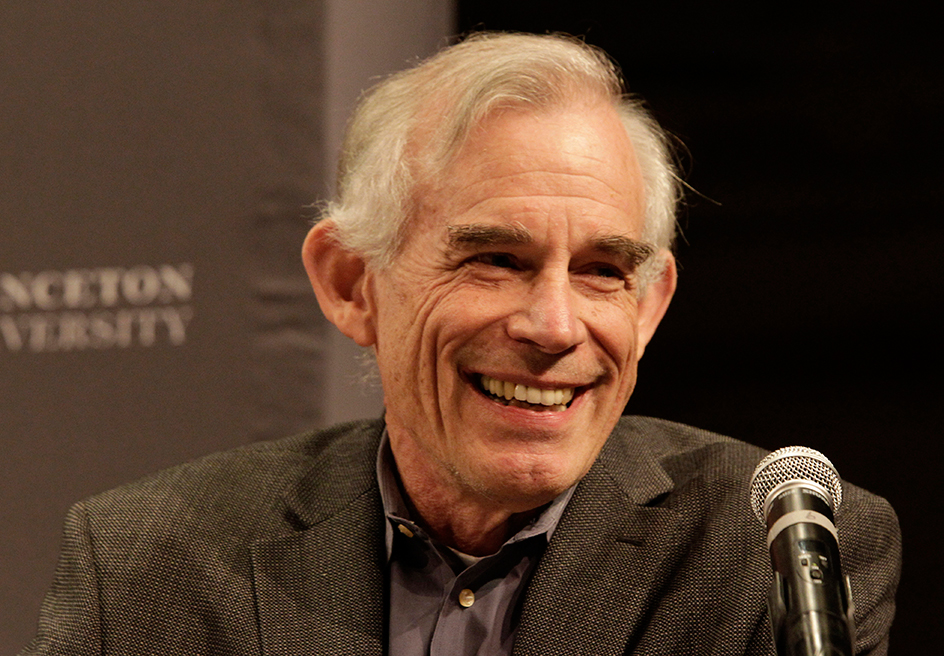Sims, Christopher Albert (1942-…), is an American economist who won the 2011 Nobel Prize in economic sciences. He shared the award with the American economist Thomas J. Sargent. They received the award for developing new techniques in macroeconomics—the branch of economics that studies the workings of an entire economy. Their techniques were used to identify the effects of government policy on an economy.

Both men worked in the field of econometrics—a branch of economics that applies mathematics and statistics to economic theory. Sims’s primary contribution focused on the two-way cause-and-effect that exists between government policy and such macroeconomic conditions as inflation and unemployment. Sargent’s contribution focused on how people’s expectations influence the effects of these government policies.
Sims pioneered the use of a new econometric technique called vector autoregression. This technique is used to study situations in which cause and effect are hard to separate. For example, a government might react to high unemployment by using monetary policy—having its central bank alter the money supply to influence economic activity. Monetary policy would include a central bank temporarily reducing interest rates. Lowering interest rates should, in turn, lower unemployment in an economy. However, unemployment in an economy also has an effect on monetary policy. In this example, it caused the central bank’s temporary reduction in interest rates. To correctly estimate the effect of monetary policy on unemployment, Sims’s method takes into account how unemployment and monetary policy each affect the other.
Sims was born in Washington, D.C., on Oct. 21, 1942. He received a bachelor’s degree in mathematics from Harvard University in 1963. After Harvard, Sims attended the University of California at Berkeley from 1963 to 1964. He returned to Harvard and received a doctorate in economics there in 1968. Sargent and Sims were classmates at Harvard during their time as graduate students.
Sims taught at Harvard from 1967 to 1970. He taught at the University of Minnesota from 1970 to 1990. Sargent also taught at Minnesota during much of that time. From 1990 to 1999, Sims taught at Yale University. He began teaching at Princeton University in 1999. Sims was a visiting professor at Princeton, teaching jointly with Sargent, when the men were told of their Nobel Prize.
See also Sargent, Thomas John .
